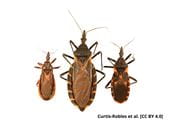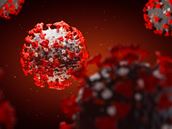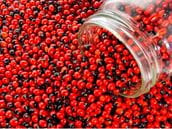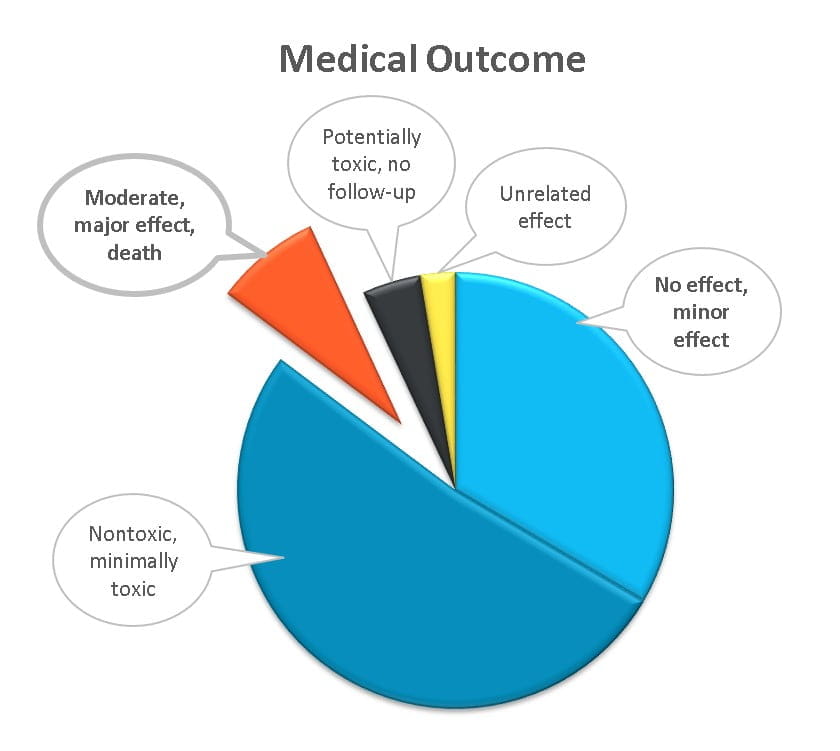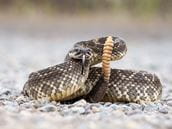
Rattlesnake Bites: What You Need to Know
Rattlesnakes are a type of venomous pit viper found in many areas of the US. The most common symptoms of a rattlesnake bite are pain and swelling of the affected area, but more severe symptoms, such as bleeding and muscle weakness, can occur. Many rattlesnake bites require hospitalization and treatment with antivenom.

